‘Illegal’: Aussie tariff bombshell for Trump
Donald Trump has been warned by a former Aussie Prime Minister that any plans to impose tariffs on Australia could be illegal.
Donald Trump’s plan to whack tariffs of up to 20 per cent on goods headed from Australia to the US have been blasted as “possibly illegal” by John Howard and Peter Costello — the former Prime Minister and treasurer respectively.
Tariffs, simply put, are taxes on imports. Mr Trump sees them as a way to boost American jobs and encourage Americans to buy stuff that is made in the US.
If, hypothetically, there were two bottles of wine – one from the US and the other from Australia and both were priced at $20 – a 100 per cent tariff would make the Aussie drop more expensive to consumers in the US and the American one cheaper by comparison.
Mr Trump also plans to use tariffs as an incentive to apply pressure on nations to enact policies that are more friendly to the US.
The president-elect has announced intentions to place 25 per cent tariffs on Mexico and Canada, an additional 10 per cent tariffs for China, and has threatened a range of other countries with large increases if they don’t toe the line.
He has said he will introduce a global tariff on all imports to the US of between 10-20 per cent — but there could be exemptions.
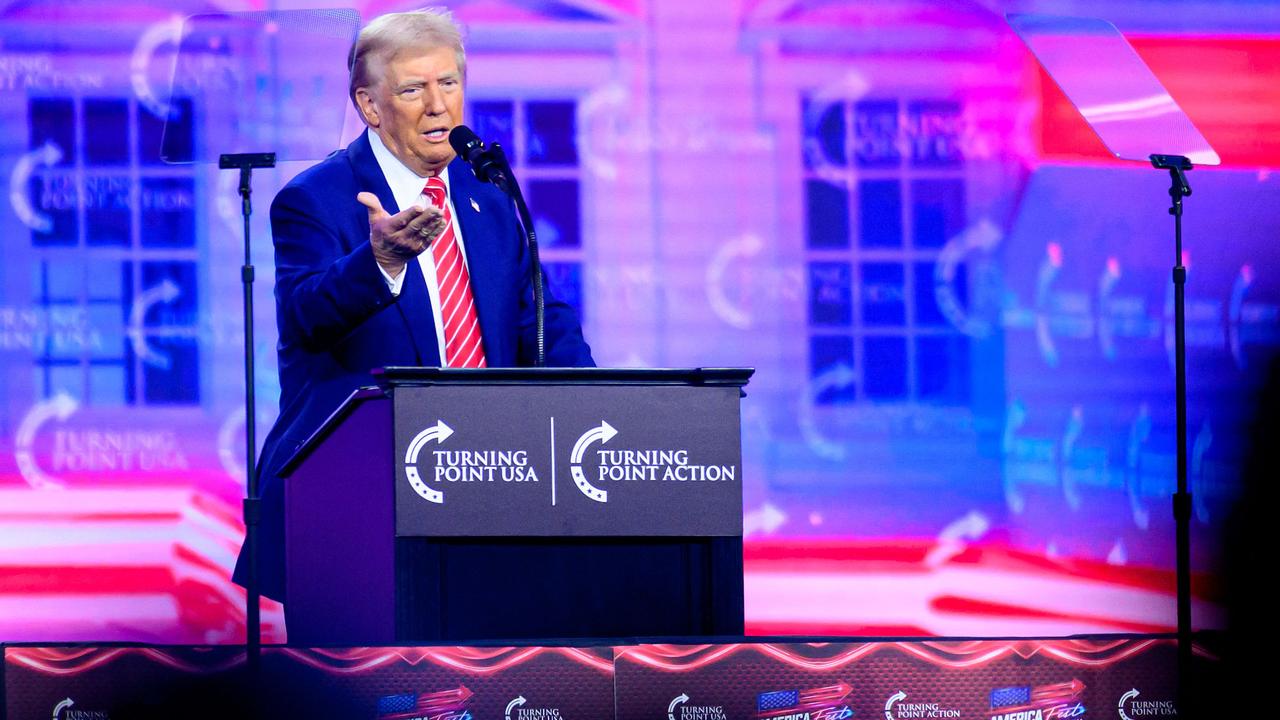
Australia is a strong ally of the US, but that doesn’t mean we would be exempted.
Now, former Prime Minister Mr Howard has come out swinging against any tariffs on Aussie goods headed to the US.
In an interview with The Australian, he said Mr Trump’s tariff proposals were “ridiculous” and “crazy” and said they would damage the international economy.
“I am concerned to put it mildly, very concerned, about Trump’s talk about tariffs,” Mr Howard said. “Trade has delivered millions of people out of poverty. Unilaterally imposing tariffs of that order of magnitude on countries willy-nilly is just bad for world trade and it’s bad for the world economy.”
Mr Costello, a former Australian Treasurer, meanwhile told the newspaper that Australia would also be collateral damage from the president-elect’s proposed 60 per cent tariff on Chinese imports to the US given Australia’s $200 billion annual exports to China, including iron ore, natural gas and gold.
Mr Howard and Mr Costello also questioned whether it might be illegal under international law for the US to slap tariffs on Australia given the FTA signed by their government in 2004.
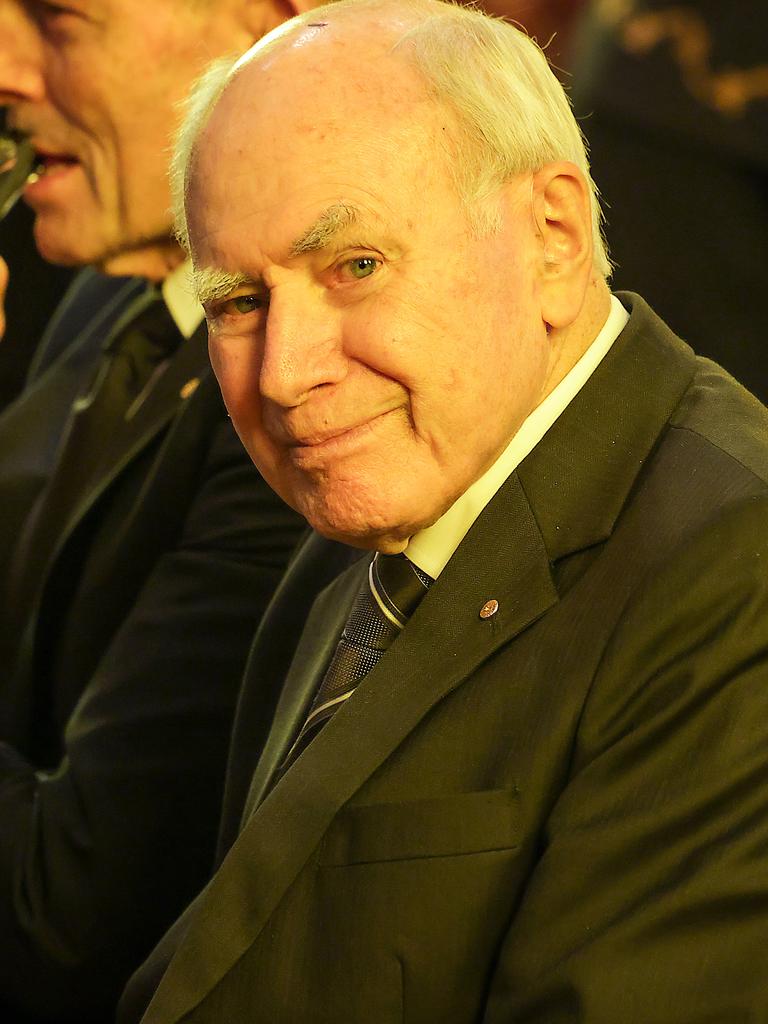
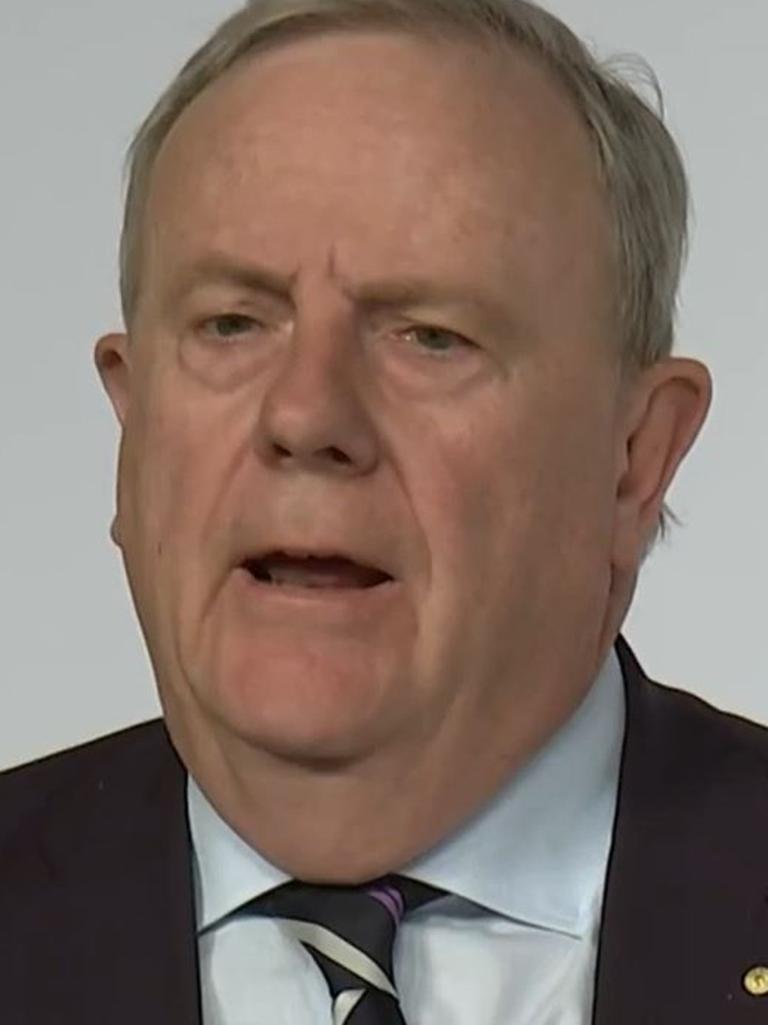
“Is it legal for Trump to put a tariff on Australia under our free trade agreement?” Mr Costello asked. “We went to great lengths to negotiate this FTA and, as far as I know, it is binding in international law. I would have thought that a universal tariff would be a breach of the FTA, right? So what is the status of the FTA? Is he going to unilaterally repudiate it?”
$14b reason to spare Australia
A former deputy US Trade Representative says that while the US has a trade surplus (the difference between a country’s export value and import cost) with Australia, it faces trade deficits with other countries, raising concerns about the broader implications of a potential trade war led by Mr Trump.
Sarah Bianchi, who held the role until earlier this year, said that, unlike Australia, the United States was running trade deficits against Mexico, Canada and China, putting them in Mr Trump’s firing line.
Ms Bianchi, who now works for investment bank Evercore ESI, told The Australian Financial Review, “Australia doesn’t have a trade deficit with the US, so that is what they are focused on.”
However, she agreed that Australia faced impacts from a Trump trade war further down the line, with a slowdown in the Chinese economy potentially leading to lower demand for Australian commodities like iron ore.
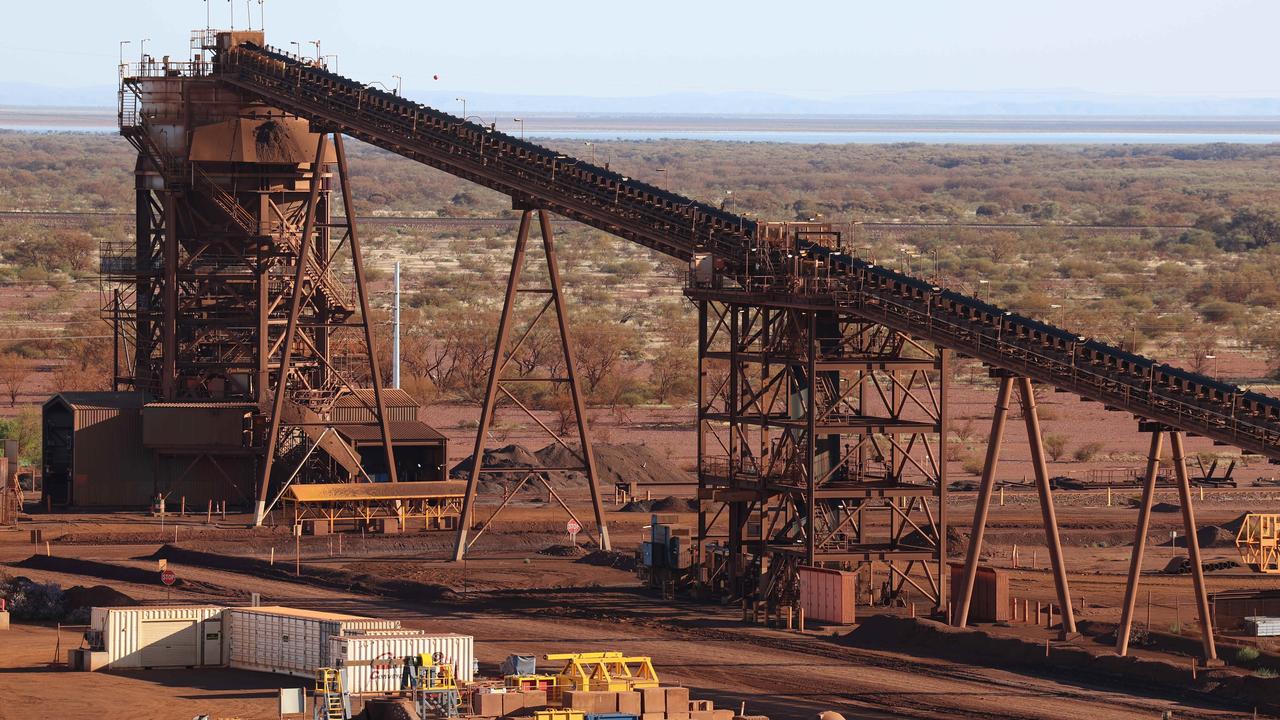
The Reserve Bank of Australia has also warned a trade war between the US and China could torpedo the local share market, potentially forcing it to cut interest rates to prop up the economy.
The US currently has a trade surplus of $14.75 billion with Australia.
Canada in crisis talks
One nation that is in the firing line is the US’ northern neighbour, in purported retaliation for drugs and migrants crossing US borders.
Senior members of Canada’s cabinet held talks on Friday with Mr Trump’s nominees to lead the departments of commerce and the interior, as Ottawa works to hold off the threat of punishing tariffs.
Canada’s newly-appointed Finance Minister Dominic Leblanc and Foreign Minister Melanie Joly met with Howard Lutnick, Mr Trump’s commerce secretary nominee, who will also lead the country’s tariff and trade agenda.
Interior secretary nominee Doug Burgum was also at the meeting held at Mr Trump’s Mar-a-Lago estate in Florida.
Mr Leblanc’s spokesman Jean-Sebastien Comeau, who confirmed the participants, described the talks as “positive and productive.” Mr Trump has vowed to impose crippling 25-per cent tariffs on all Canadian imports when he takes office next month.
He has said they will remain in place until Canada addresses the flow of undocumented migrants and the drug fentanyl into the United States.
Canadian Prime Minister Justin Trudeau has promised retaliatory measures should Mr Trump follow through on his pledge, raising fears of a trade war.
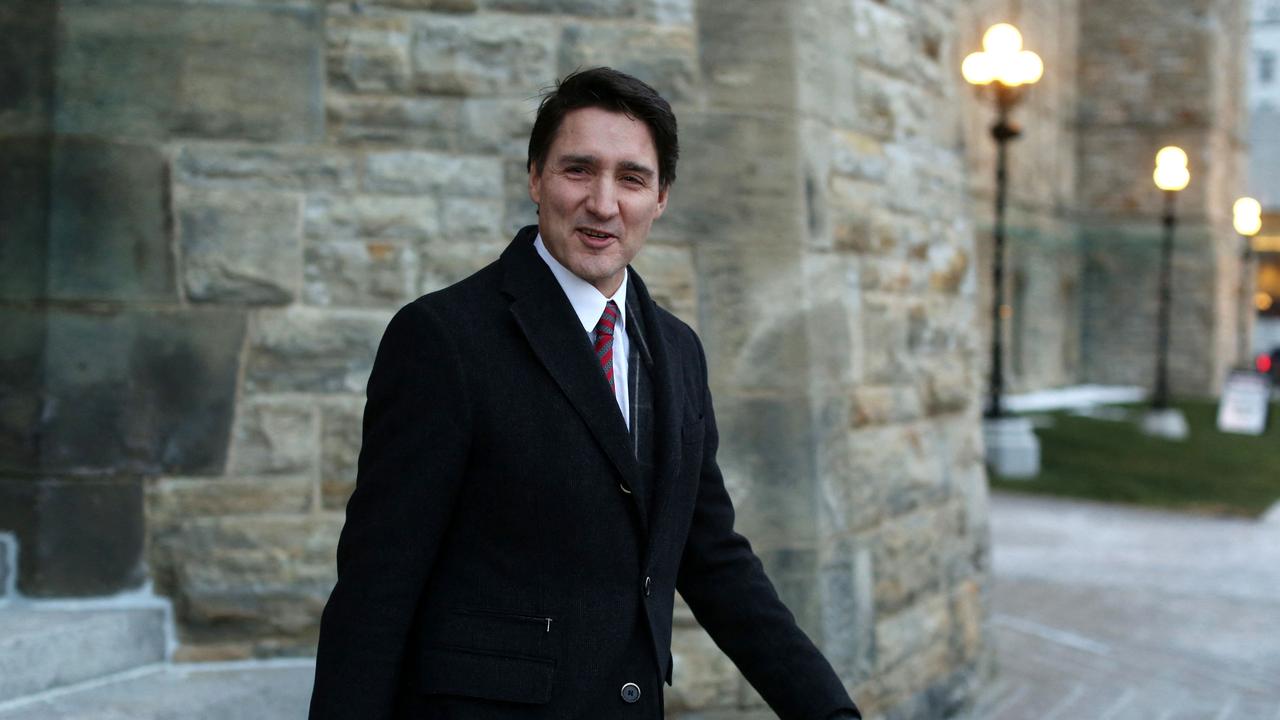
Leblanc and Joly “outlined the measures in Canada’s Border Plan and reiterated the shared commitment to strengthen border security as well as combat the harm caused by fentanyl to save Canadian and American lives,” Mr Comeau said in a statement.
Canada’s Border Plan — estimated to cost $694 million — was crafted as part of Ottawa’s response to Mr Trump’s concerns.
Mr Lutnick and Mr Burgum “agreed to relay information to President Trump,” the statement said.
Mr Trudeau meanwhile is facing his worst political crisis since sweeping into office in 2015. Mr Leblanc was named finance minister earlier this month after the surprise resignation of Chrystia Freeland.
In a scathing resignation letter, Ms Freeland accused Mr Trudeau of prioritising handouts to voters instead of preparing Canada’s finances for a possible trade war.
More than 75 per cent of Canadian exports go to the United States and nearly two million Canadian jobs depend on trade.
— with AFP






